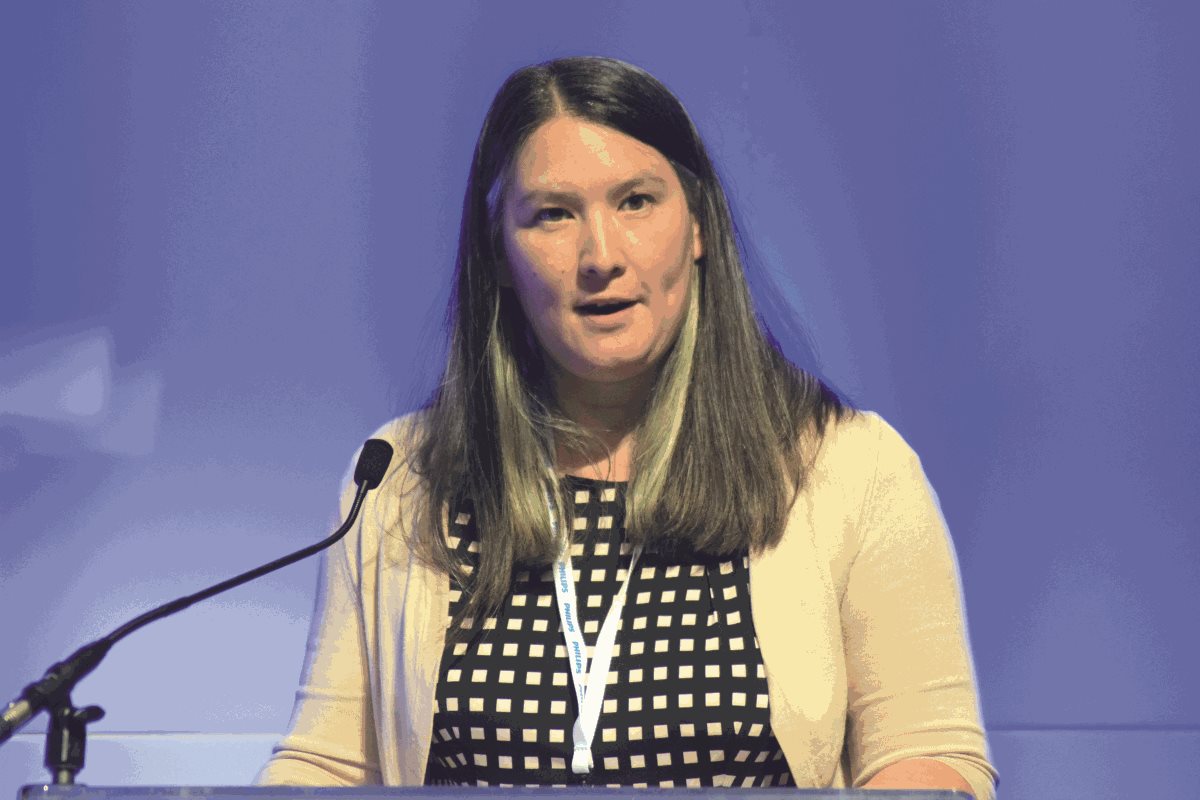Managers were extremely interested in the apprenticeship update from Maria Reynolds, Chair of the National Diagnostic Degree Apprenticeship Trailblazer, as the outcome will directly affect radiology departments across England.
“The NHS is expected to deliver 27,000 apprenticeships starts by the end of this year, which will include radiography – both diagnostic and therapeutic,” said Maria, “and the work so far has been to create the standards for qualification and registration, and an end point valuation, focusing on the knowledge, skills and behaviours required to do the job.”
In general terms, Maria explained that a degree apprenticeship will on average take 36 months and cover levels 2-7. At the present time the funding bands range from £1500 per annum to £27,000. A full end point assessment (EPA) will be performed at the end of the apprenticeship – with the degree awarded and a successful EPA required for HCPC registration.
“We need to make sure that the standard fits everybody, from large trusts to small district hospitals and even private companies. Therefore, we are developing a vision of what a qualified apprentice diagnostic radiographer will look like.”
Maria added that managers will now have to think in terms of the potential changes in radiology departments – the increased demand and need for strong leadership.
“I would like employers to recognise that this is an opportunity and appreciate how it will make a difference. Make no mistake, this is our opportunity to influence the radiographer workforce of the future.
“For example, although we require excellent general radiographers, we also need additional skills – IV cannulation, commenting, enhanced CT/MRI, mammography and so on."
Key questions
- What are your implementation concerns?
- What will apprentices be paid? How will they be paid?
- Trainee numbers in departments?
- Code of conduct and fitness to practice – who is responsible?
- What will be the cost to the HEIs?
- What tasks would you expect a apprentice to be able to achieve?
A draft standard is now out for consultation and the EPA is expected to be ready by late autumn for approval.”
Maria had some advice for delegates: “Engage with your organisation – have they already got a policy so that you can make sure the programmes will meet your needs? Influence where your responsibilities lie and where theirs lie.
“Think about how you are going to use apprentices. Think about value for money – get the best out of them and your money by training the best radiographers you can – radiographers who are competent.”
